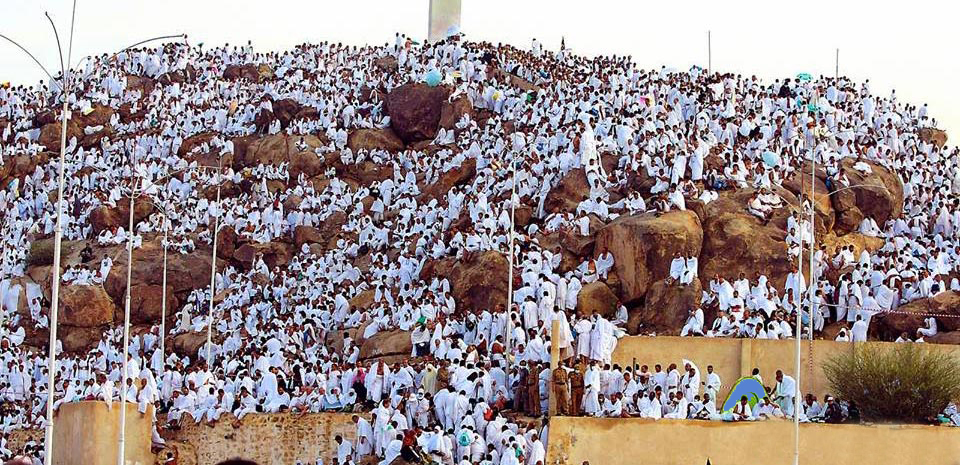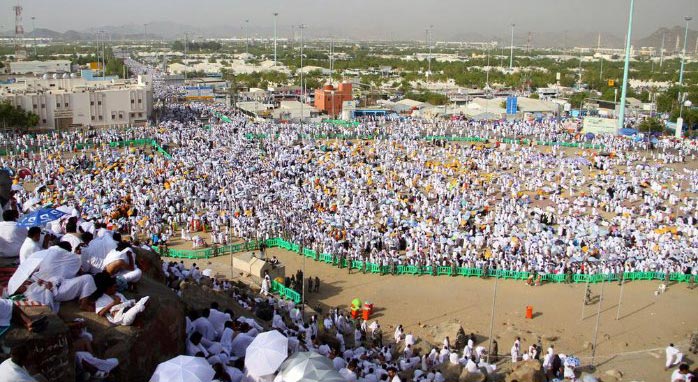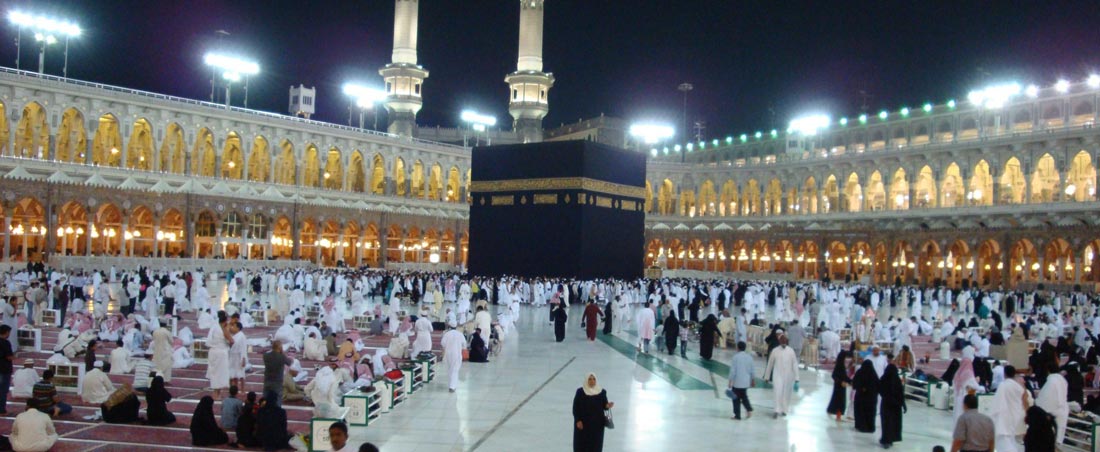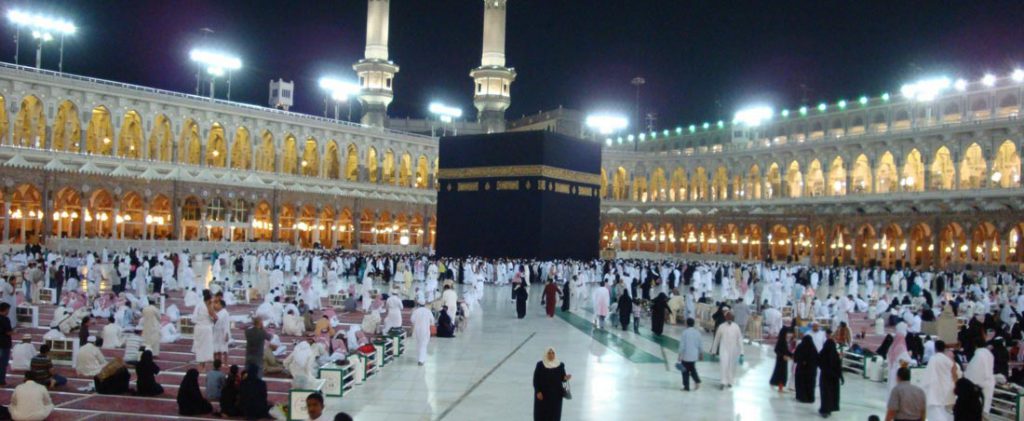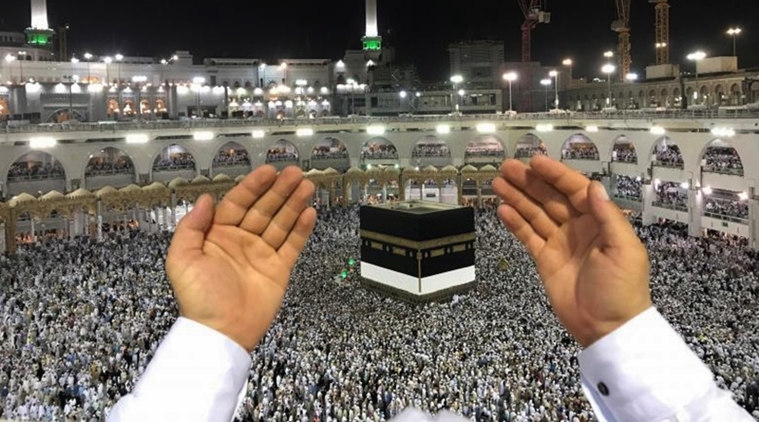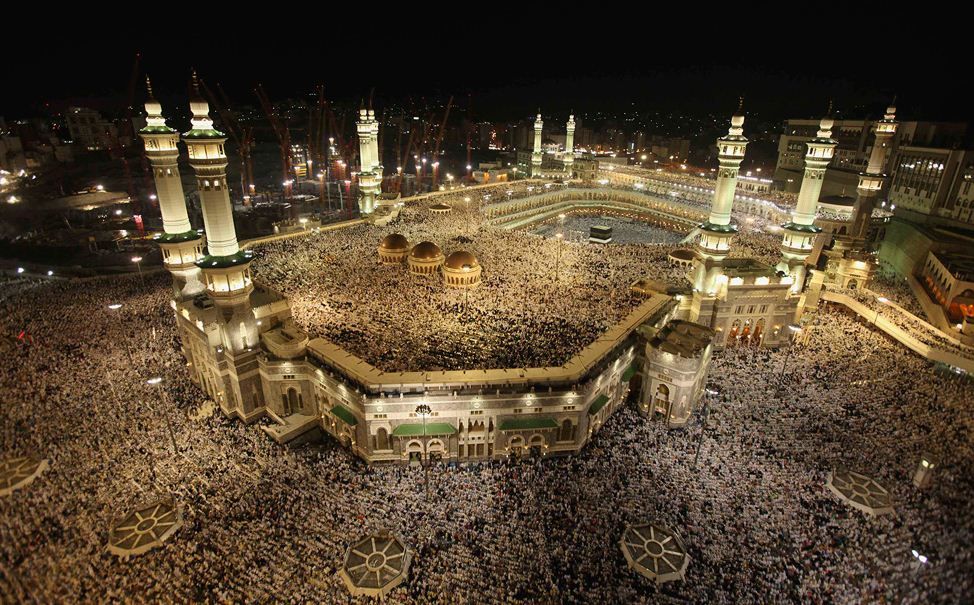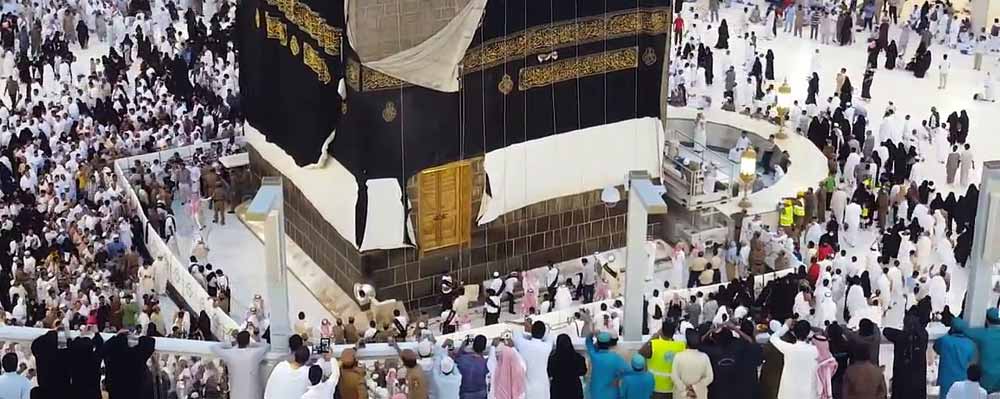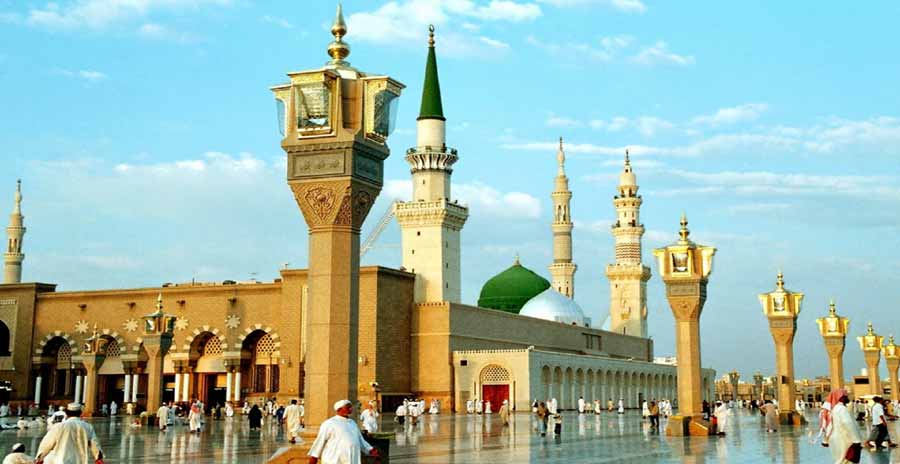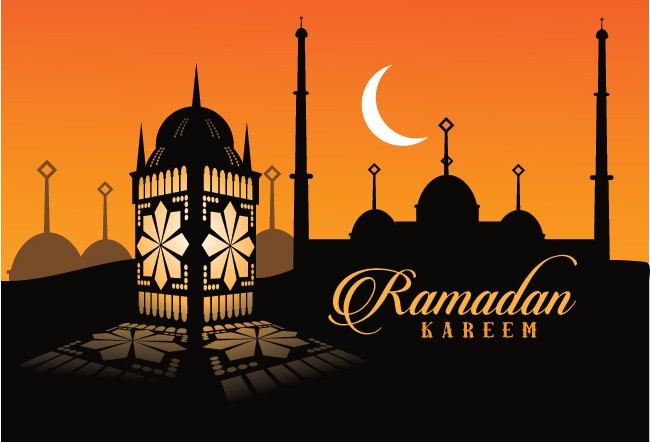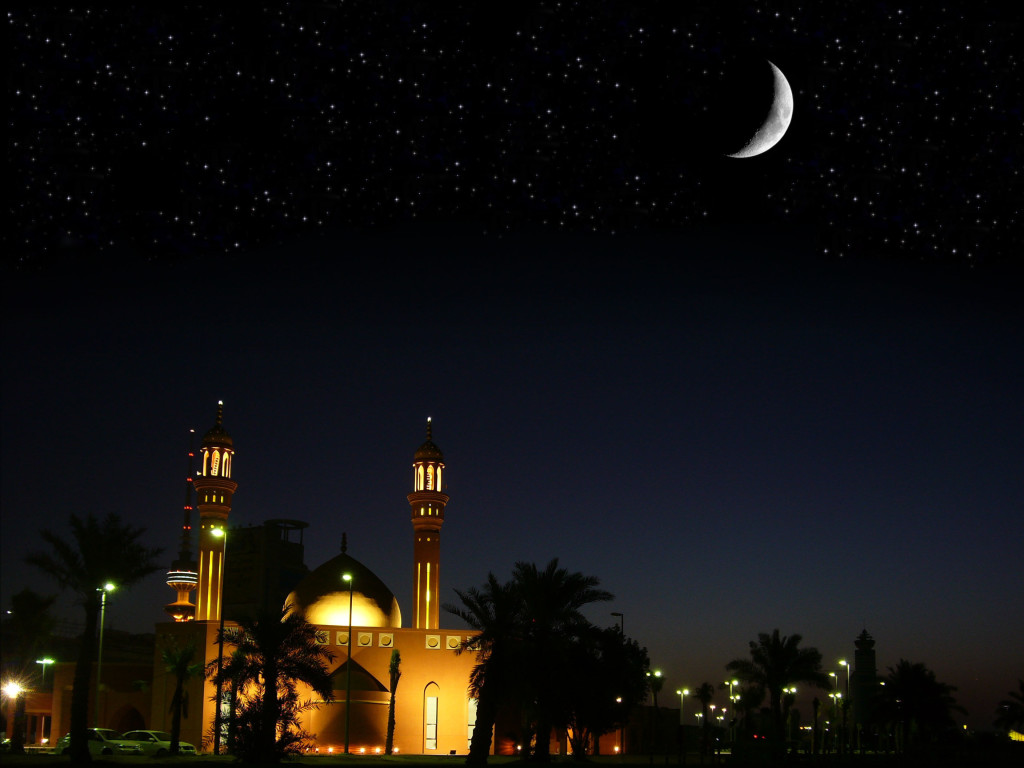PRAISE and thanks to Allah who has made us reach the blessed month of Ramadan yet again this year. He made it a month of mercy, forgiveness, du’a and multiplied rewards.
Every night of this blessed month, He invites the fortunate ones who witness it, to race and compete with each other in doing righteous deeds. The Prophet (peace be upon him) said “On the first night of the month of Ramadan, the devils are chained, the jinn are restrained, and the gates of Hellfire are closed and none of its gates are opened. The gates of Paradise are opened and none of its gates are closed. A caller announces: ‘O seeker of good, come near! O seeker of evil, stop short! Allah will save them from the Hellfire and that is during every night of Ramadan’.” (At-Tirmidhi, 682)
Ramadan is a golden opportunity for all of us who hope to be saved from the Hellfire and yearn to dwell in Paradise. This is not a month of socializing and feasting even though it is common to see this around us. This is a month of competing with each other in improving our relationship with our Creator, a month where we ignore all distractions and race to Him by doing lots of good deeds. Allah says, “And vie one with another for forgiveness from your Lord, and for a Paradise as wide as are the heavens and the earth, prepared for those who ward off (evil).” (Qur’an, 3:133)
The Prophet (peace be upon him) said, “There has come to you the month of Ramadan, a month of blessing, in which Allah covers you with grace, sending down mercy, forgiving sins and answering supplication. Allah looks at your competition in doing good there in and boasts of you before His angels. So show Allah goodness from yourselves, for truly the wretched person is the one who is deprived of the Mercy of Allah during this month.” (At Tabarani)
The Messenger (peace be upon him) and his companions would pray, fast, spend time with the Qur’an and be obedient to Allah all year round but in Ramadan, they would maximize their efforts to excel in various good deeds. Nothing can be better for us than following their footsteps in this world and then being rewarded by having their company in the Hereafter. The Messenger (peace be upon him) mentioned many actions which, if performed sincerely, grant us great rewards.
The best of such actions in Ramadan is fasting, which has been made obligatory by the Almighty. The exact reward for fasting has not been specified but it is expected to be tremendous because of the way this hadith describes it: “Every deed of the son of Adam will be multiplied between ten and seven hundred times. Allah, may He be glorified and exalted, said: Except fasting. It is for Me and I shall reward for it. He gives up his desires and his food for My sake.” (Muslim, 1151)
We need to perfect our fast by not just avoiding food and drink but also false and hateful speech and deeds so the rewards can be maximized. According to another Hadith, there is a gate to Paradise that is called Ar-Rayyan. On the Day of Resurrection, it will say: ‘Where are those who fasted?’ When the last (one who fasted) has passed through the gate, it will be locked. (Al-Bukhari and Muslim)
The blessed month of Ramadan is a celebration of the Qur’an as the blessed Book was revealed in it. Striving hard to spend the month in reading, reciting and listening to the Qur’an carries huge rewards. Regarding reciting it, the Prophet (peace be upon him) said, “Whoever reads a letter from the Book of Allah, he will have a reward, and this reward will be multiplied by 10. I am not saying that ‘Alif, Laam, Meem’ is a letter, rather I am saying that ‘Alif’ is a letter, ‘Laam’ is a letter and ‘Meem’ is a letter.” (Tirmidhi, 2910)
For those who listen to the Qur’an attentively, it was said that mercy does not come quickly to anyone than the one who listens to the Qur’an according to the words of Allah: “So when the Qur’an is recited, then listen to it and pay attention that you may receive mercy.” (Qur’an, 7:204) The words “you may” make it mandatory for Allah! (Tafsir Al-Qurtubi)
There is a narration by Ibn Abbas that emphasizes the need to be generous in giving all kinds of charity in Ramadan: “Allah’s Messenger (peace be upon him) was the most generous of people and he was the most generous in the month of Ramadan when Jibreel would meet him. Jibreel used to meet him every night of Ramadan to teach him the Qur’an.” (Bukhari, 1716, Muslim, 4268)
Speaking of charity, you can also easily get the reward of fasting not just 30 days in the blessed month, but 60, 90 and so on! The Prophet (peace be upon him) said: “Whoever gives a fasting person (food or drink to break their fast), they will have similar to the reward of the one who fasted, without any decrease for the one who fasted.” (At-Tirmidhi, authenticated by Al-Albani) Buy some dates and hand them over at a masjid, for the worshippers at the time of breaking the fast or hand over bottles of cold water and small packets of dates on the roadsides at the time of Maghrib. If you are unable to do any of that, then just helping out in the kitchen and setting up Iftar with dates and cold water for your family will bring a similar reward, Insha Allah.
Making extra voluntary prayer along with the 5 obligatory ones is another way to race to Paradise according to the narration of Rabi’a bin Kaab who said: “I was with Allah’s Messenger (peace be upon him) one night and I brought him water and what he required. He said to me: ‘Ask (for anything you like)’. I said: I ask for your company in Paradise. He (peace be upon him) said: ‘Or anything else other than it?’ I said: That is all (what I require). He said: ‘Then help me to achieve this for you by devoting yourself to frequent sujood (prostrations)’.” (Muslim)
According to a Hadith, performing an Umrah in Ramadan is like accompanying the Prophet (peace be upon him) on Haj. (Bukhari) But as for those who live far away from the blessed land of Makkah and feel sad for not being able to perform Umrah in this blessed month, they can still get the rewards of Haj and Umrah.
“Race to (all that is) good,” says Allah in the Qur’an (2:148) and one can think of no better time to do this except in the blessed season that we find ourselves in.
According to a Hadith, whoever prays Fajr prayer in congregation, and then sits and remembers Allah until the sun rises, and then prays 2 units of voluntary prayer (Al-Ishraq), he will gain a reward equal to that of performing a perfect, perfect, perfect Haj and Umrah. (Al-Albani, Saheeh Al-Jaami-6346)
Umrah Packages | Hajj Packages | Ramadan Umrah Packages | December Umrah Packages
Source: arabnews.com
